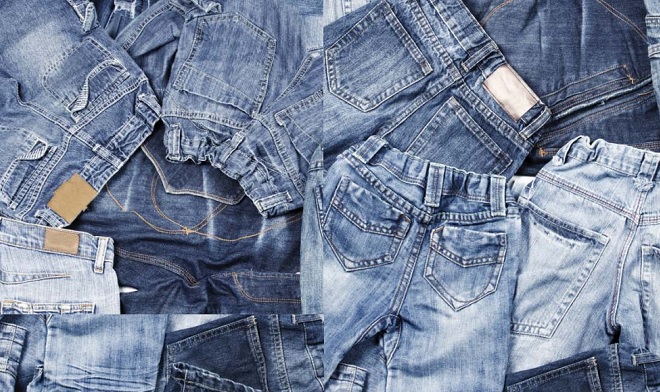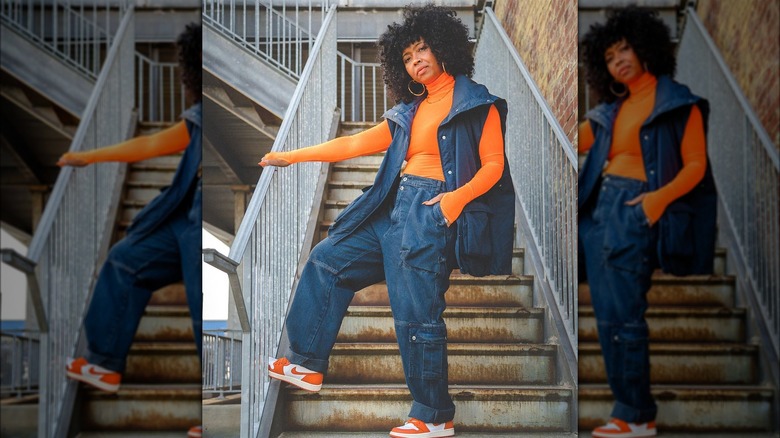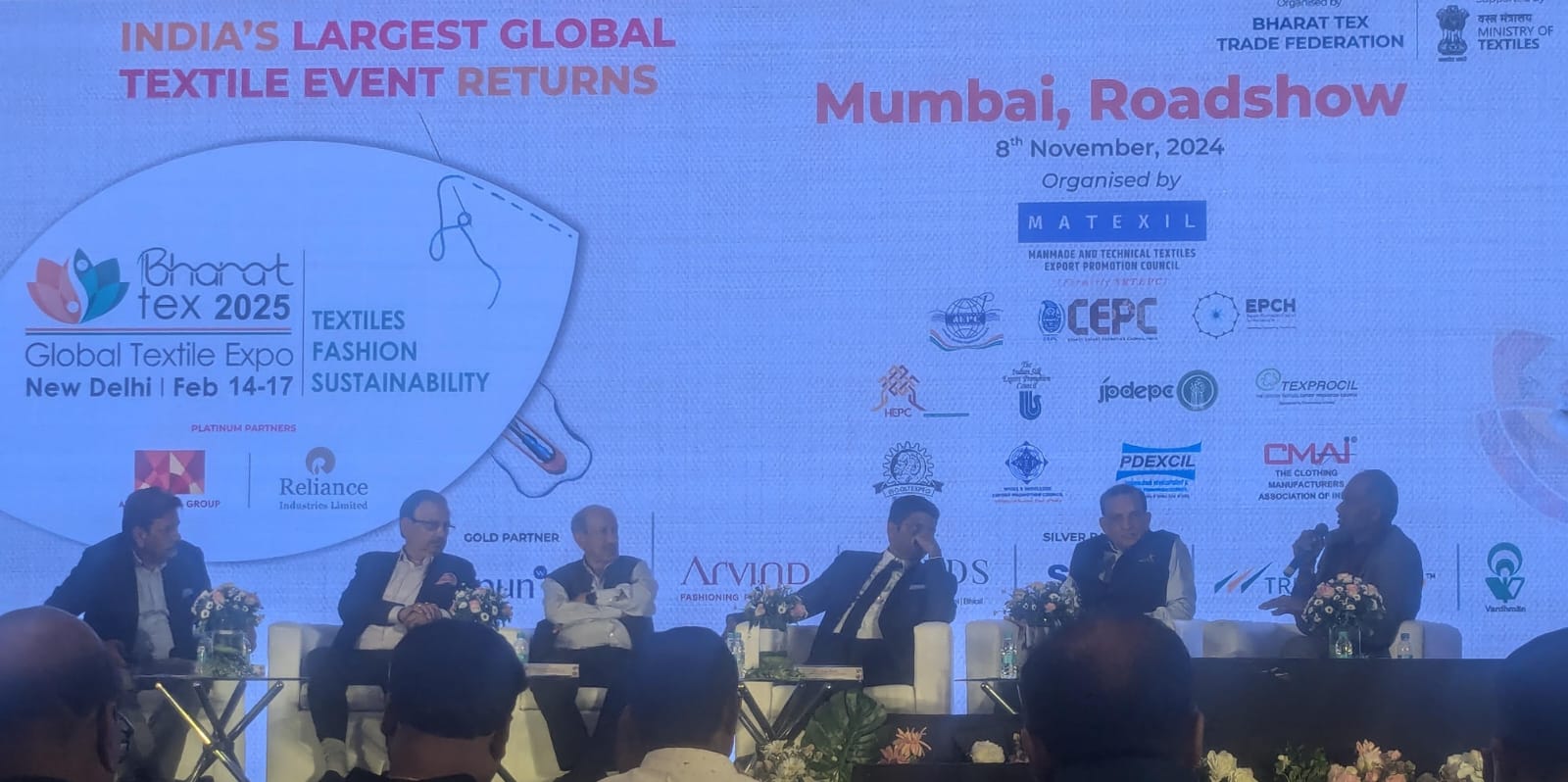FW
Thai sportswear manufacturer Pilot Knit Garment, part of the Yong Udom Textile Group, has selected Coats Digital’s FastReactPlan to digitize its manual planning processes. The solution aims to enhance efficiency, optimize On-Time Delivery Performance (OTDP), and reduce lead times by improving planning and forecasting accuracy across departments.
Established in 1986, Pilot Knit Garment, headquartered in Samutsakorn, Thailand, manufactures sportswear for global brands like Nike, Converse, and Jordan, producing 200,000 pieces per month with over 660 employees. Despite having access to high-quality fabrics, the company faced challenges managing production with manual Excel-based planning, leading to under- or overcapacity issues and extended lead times.
Managing Director Ampon Ruayfupan expects FastReactPlan to be transformative, improving fabric management and capacity utilization. The solution, part of Coats Digital’s Manufacturing Solution Suite, offers dynamic, real-time production updates, enabling Pilot Knit Garment to plan months in advance and respond swiftly to last-minute changes. Coats Digital's Haruethai Phaleesem emphasized the seamless integration with Pilot Knit’s Tega ERP system, providing greater visibility and streamlining production planning. The company aims to enhance efficiency, reduce costs, and maintain its competitive edge in the market.
A year after Bangladeshi garment workers faced violent crackdowns during protests for higher wages, major fashion brands like H&M and Zara are under fire for not protecting workers rights. Around 40,000 workers still risk arrest due to blank arrest warrants issued during the protests.
Today, labor rights advocates launched an international campaign urging brands to demand the dismissal of 36 legal cases against workers and protestors. Anne Bienias of the Clean Clothes Campaign criticized brands, stating they profit from the current system and have not backed union-led wage demands.
The Clean Clothes Campaign linked 45 fashion brands, including Next, Levi's, and Matalan, to suppliers who filed charges against workers. Despite initial steps, none of the cases have been cleared. To raise awareness, the campaign introduced a new tool tracking brand involvement in the outstanding charges.
The legal cases have created a climate of fear, with union leaders like KalponaAkter emphasizing the need to drop these charges to safeguard workers freedom and ensure fair wages.
Unions are also pressing the interim government to issue an executive order dropping the charges, calling on brands to support this push.
Amazon is introducing strict price caps for its upcoming low-cost storefront. The company plans to fulfill orders directly from Guangdong, China, and will offer lower fulfillment fees for items sold through this platform.
This strategy marks a notable shift for Amazon, which has not traditionally imposed such limits on seller pricing, as it aims to compete with discount retailers like Temu and Shein amid a slowdown in retail sales growth.
As Amazon pivots to maintain its market share, the success of this low-cost storefront will be critical in countering the growing influence of discount competitors and attracting price-sensitive consumers.
To support apparel sector in the state, Jharkhand Readymade Garments Association (JRGA) has launched the JRGA initiative in partnership with the Indian Garments Federation (IGF). This initiative aims to promote expansion and creativity in the RMG sector, which already benefits from a trained labor force and changing market prospects.
Abhitabh Shrivastava, General Secretary, JRGA, states, through this initiative, the association aims to establish a platform to not only strengthen ties with domestic and foreign markets but also encourage innovation, and empower regional manufacturers.
The initiative also brings together all important players from the garments industry such as retailers, designers, manufacturers, and fashion specialists under a single roof.
Compared to a 40 per cent growth in the previous year, online retailer Shein experienced a slowdown in revenue growth, rising by 23 per cent in H1, FY24, as per a report by The Information.
This decline in the company’s performance was attributed to increased competition, particularly from Chinese discount shopping platform Temu, which has gained significant traction in the U.S. market.
During the period, Shein’s profit also declined by over 70 per cent to just under $400 million. Despite this, the company’s revenue increased to $18 billion.
Known for its ultra-low-cost business model that ships directly from factories in China, Shein, sells items like $5 tops and $10 dresses, which have contributed to its rapid global expansion. Last year, the company was valued at $66 billion following a fundraising round, and it recently held informal investor meetings in preparation for a planned initial public offering (IPO) in London, according to Reuters.
Although Shein does not publicly disclose its global financial results, an October filing revealed that its UK business generated £1.55 billion ($2 billion) in revenue in 2023.

With fast fashion and overflowing landfills, the denim industry is facing a reckoning. The constant demand for new styles and washes often comes at a high environmental cost. But what if a single fabric could be the key to a more sustainable and creative approach to denim design? That's the premise behind One Denim, a groundbreaking initiative spearheaded by Kingpins Show, designer Piero Turk, and Italian wash innovators Tonello.
The genesis of One Denim
The idea of One Denim was born from a desire to challenge the status quo and inspire change within the denim industry. The project aims to demonstrate the incredible versatility of denim fabric and promote sustainable practices by showcasing a collection crafted from a single fabric.
At its core, One Denim aims to promote sustainability by reducing overproduction and waste in the denim industry. By demonstrating that a single high-quality fabric can be transformed into a diverse range of garments and washes, the project encourages designers and brands to rethink their approach to denim production. "Brands are using a lot of different denims for different styles and different washes. This also means a lot of waste," says Piero Turk, the designer behind One Denim. "One Denim should show to everybody, mills and brands, that with just one quality you can do [almost] everything. You do not need to use many different denims to develop new ideas and have variety in a collection.”
Beyond sustainability, One Denim serves as a source of inspiration for the industry. Each season, the project partners with a different denim mill to create a capsule collection comprising ten distinct silhouettes, all crafted from the same fabric. This showcases the fabric's versatility and inspires designers to push the boundaries of their creativity. Each season, One Denim partners a different denim mill to bring its vision to life. This season, the spotlight falls on Cone Denim, a historic US-based manufacturer renowned for its quality and innovation. Cone Denim's Stout fabric takes center stage, chosen for its robustness and potential for diverse applications.
The One Denim team comprises:
Kingpins Show: The renowned denim trade show provides the platform for showcasing the One Denim collection to a global audience of designers and brands.
Piero Turk: A celebrated designer, Turk lends his creative expertise to curate and co-design the collection's silhouettes, ensuring both style and wearability.
Tonello: Masters of garment finishing, Tonello utilizes its cutting-edge, sustainable wash technologies to transform the single fabric into a diverse range of looks.
Shifting perspectives
Since its inception, One Denim has made significant moves to raise awareness about sustainable denim production and inspiring creativity within the industry. By showcasing the potential of a single fabric, the project challenges conventional thinking and encourages a more conscious approach to design. One Denim is poised to continue its impact on the denim industry, promoting sustainability and inspiring innovation. The project's commitment to collaboration and its focus on pushing creative boundaries ensure that it will remain a driving force in the evolution of denim.
What’s new this season…
This season, One Denim partners Cone Denim, to highlight the versatility of their Stout fabric. The collection, debuting at Kingpins Amsterdam on October 23-24, Kingpins Hong Kong on November 21, and Kingpins New York on January 22-23, 2025, will feature 10 unique silhouettes, including classic five-pocket jeans and trucker jackets alongside contemporary pieces like vests, T-shirts, and dresses. Each garment will be treated with Tonello's sustainable wash technologies, further emphasizing the project's commitment to responsible production.
"This collaboration can inspire a visual story of how one fabric can transform into many interpretations, without constraints," says Pierette Scavuzzo, design director at Cone Denim. "One Denim serves as inspiration and a model for brands; The bigger the vision, the better, with using only one fabric.”
One Denim's message is clear: creativity and sustainability can go hand in hand. By embracing innovative approaches and responsible technologies, the denim industry can reduce its environmental impact while continuing to produce exciting and fashionable garments.
The government has dissolved the current board of the Bangladesh Garment Manufacturers and Exporters Association (BGMEA) and appointed Export Promotion Bureau (EPB) Vice-Chairman Md Anwar Hossain as the Administrator. The move follows allegations of irregularities in the August 24 board restructuring and fraud in BGMEA elections.
The Commerce Ministry issued a circular under Section 17 of the Trade Organizations Act, 2022, mandating Hossain to hold fresh elections within 120 days and transfer control to a newly elected board. The dissolved board faced accusations of failing to address complaints and unrest in the RMG sector, despite factories recently resuming normal operations.
Khandoker Rafiqul Islam, Managing Director of Designtex Group, had been elected BGMEA president after the resignation of SM Mannan Kochi, who had led the organization since March. Kochi, linked to the former Awami League government, resigned amid protests, with allegations of fraud and political interference in the February BGMEA elections.
Md Anwar Hossain, a seasoned government official, previously served as EPB vice-chairman and wing chief in Bangladesh's Economic Relations Division. He will now oversee BGMEA’s upcoming election process.
Driven by the PM MITRA mega textile parks and the Production Linked Incentive (PLI) scheme for man-made fabrics (MMF) and technical textile products, the textiles sector in India is poised to attract investments worth Rs 95,000 crore over the next 3-5 years, reveals Rachna Shah, Textiles Secretary.
In addition to these two key initiatives, foreign direct investment (FDI) and other channels will also contribute significantly to the sector’s growth, with a focus on ‘sunrise sectors’ such as MMF, apparel, and technical textiles, she highlights.
Emphasising on the government's high expectations for Bharat Tex 2025, scheduled for Feb 2024, Shah anticipates, the event will not only lead to signing of new MoUs but also attract substantial investments and business generation.
Each of the seven textile parks being developed by the government is likely to attract an investment worth around Rs 10,000 crore, totaling Rs 70,000 crore, says Shah. Additionally, the PLI scheme for technical textiles and MMF is expected to attract another Rs 25,000 crore in investments, she adds. Some investments under the PLI scheme have already been initiated, and the full scope of these investments will materialise within the next 3-5 years, Shah anticipates. Alongside these initiatives, further investments would be driven by FDI and other sources, she adds.
The seven mega textile parks under the PM MITRA scheme will be established in Tamil Nadu (Virudhnagar), Telangana (Warangal), Gujarat (Navsari), Karnataka (Kalburgi), Madhya Pradesh (Dhar), Uttar Pradesh (Lucknow/Hardoi), and Maharashtra (Amravati).
The upcoming Bharat Tex 2025 will generate concrete business and investment opportunities, rather than just MoUs, Shah affirms. Launched in 2021 with a budget of Rs 10,683 crore, The PLI scheme will to promote the production of MMF and technical textiles over a five-year period, she adds.
P Kumaran, Special Secretary, Ministry of External Affairs, notes, to be held from Feb 14-17, 2025, Bharat Tex 2025 is expected surpass the previous edition in scale. This event offers an unparalleled chance to experience the dynamism and creativity of Indian textiles and gain access to both domestic and global markets, he adds.
The Ministry of Textiles hosted an interactive session with over 30 foreign missions in India at Sushma Swaraj Bhawan, New Delhi, to promote Bharat Tex 2025. Countries represented included Australia, Brazil, Indonesia, Italy, and Vietnam. Union Minister of State for External Affairs and Textiles, Pabitra Margherita, was the chief guest, alongside key officials like Rachna Shah, Secretary of the Ministry of Textiles.
Margherita emphasized Bharat Tex 2025 as India’s largest textile event, designed to consolidate the entire textile value chain under one roof. He urged foreign diplomats to engage actively in the event, highlighting India's strong position as a reliable and sustainable sourcing destination. He also emphasized the event’s potential to boost employment and innovation in the sector, with a focus on sustainability and the Prime Minister’s 5F vision – Farm to Fibre to Factory to Fashion to Foreign.
Scheduled for February 14-17, 2025, Bharat Tex will take place at Bharat Mandapam, New Delhi, and India Expo Centre, Greater Noida. The event aims to attract over 5,000 exhibitors and 6,000 international buyers from more than 110 countries. The exhibition will feature pavilions for textiles, apparel, machinery, and more, with live demonstrations, cultural showcases, and sustainability workshops.
Shah encouraged participation as partner countries, underscoring the government’s policy support and incentives for the textiles sector. Bharat Tex 2025 aims to enhance India’s standing in global textile markets while focusing on resilience, sustainability, and innovation.












